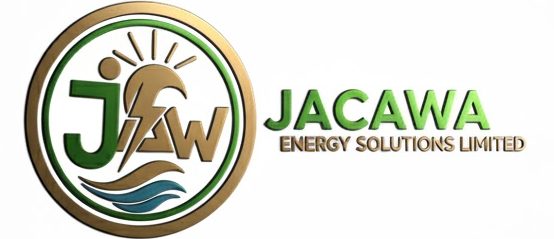In the push for cleaner, more sustainable energy solutions, biogas has emerged as a practical and eco-friendly option for many households in Kenya. One of the latest innovations in this space is the repurposing of Intermediate Bulk Containers (IBC tanks) to create efficient and affordable biogas digesters. With a proof of concept already in place, this model is showing great promise for semi-urban and rural areas, as well as households in urban estates.
Why Use IBC Tanks?
IBC tanks, originally used for transporting and storing industrial chemicals, offer several advantages when reused as biogas digesters:
- Durability: These tanks are built to handle harsh substances, making them ideal for use in biogas systems.
- Built-in Protection: Most IBC tanks come caged, providing an extra layer of strength and protection compared to standard plastic tanks.
- Affordability & Availability: They are more affordable than custom-made biogas digester tanks and are readily available across many parts of Kenya.
- Sustainability: By giving IBC tanks a second life, the model promotes recycling and waste reduction.
System Components and Operation
The biogas system includes:
- Digestor Tank (IBC Tank): Handles organic waste input and facilitates anaerobic digestion.
- Biogas Storage: The gas is stored in PVC storage bags, which are made from durable material commonly used in tubular biogas systems. These bags can last up to 10 years with proper care.
- Gas Booster Pump: To enhance the gas flow rate, especially from the storage bag to the cooking appliance, the system can be fitted with either an AC-powered pump (for households with grid access) or a DC-powered solar pump for off-grid users.
Gas Output and Usage
Depending on the size of the digester and the type and quantity of organic feedstock used, the system can generate between 1 to 3 cubic meters of biogas per day. This output is sufficient to provide 3 to 5 hours of cooking gas daily, which is adequate for a small to medium-sized household.
Fast Installation, Low Footprint
One of the standout features of this biogas system is its quick installation time—typically completed within 2 to 3 hours. Moreover, it requires minimal space (approximately 2 square meters), making it suitable for households with limited compound area, including those in estates and peri-urban settings.
Cost and Payback Period
With an installation cost ranging from KSh 25,000 to KSh 30,000, the system is competitively priced. Assuming a daily saving of KSh 50 on cooking fuel, the payback period is estimated at 1 to 1.5 years—a return on investment that is both realistic and attractive.
Additional Benefits
- Waste Management: The system is an effective way to manage kitchen waste, especially in homes that produce a steady stream of biodegradable material.
- Organic Fertilizer: As a byproduct, the system produces nutrient-rich slurry that can be used in gardens, flower beds, or small kitchen gardens—reducing dependency on chemical fertilizers.
